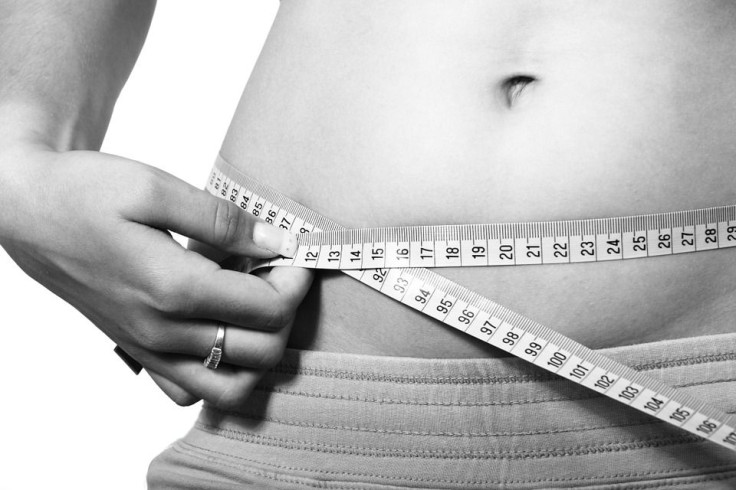Women With Celiac Disease Twice As Likely To Also Be Diagnosed With Anorexia, Study Finds

Women with celiac disease may be more likely to be subsequently diagnosed with anorexia, according to a Swedish study, published in Pediatrics.
Celiac disease is an autoimmune disorder that's triggered when someone with the disease eats or drinks gluten, which is a protein found in wheat, barley, rye, and other grains. Like anorexia, those with celiac disease pay close attention to their diet; however, it is for good reason, as they must avoid gluten, in order to ease their symptoms.
Read: Celiac Disease Screening: Don't Get Tested For Gluten Reaction Unless You Have Symptoms, Panel Says
Although the association between the two conditions has been documented, this study is much larger than the ones previously conducted.
The researchers compared about 18,000 women with confirmed cases of celiac disease to over 89,000 others who were never diagnosed. Their results indicate a majority of the women with celiac disease were not initially diagnosed with anorexia; however, they were found to be twice as likely to be later diagnosed with the eating disorder.
The association found may be due to a few reasons, Dr. Neville Golden wrote in an editorial published with the study.
“This intriguing bidirectional association could imply misdiagnosis at initial presentation, a shared genetic susceptibility, or acquired risk for one condition after diagnosing the other,” wrote Golden.
This research is important because it highlights how similar these conditions may appear at first. Celiac disease is not an eating disorder, but may result in weight loss or fatigue, like anorexia does. Additionally, the misdiagnosis of either disorder may cause unnecessary morbidity, the study authors conclude in their paper.
It’s estimated that 1 to 4 percent of women have suffered from anorexia in their lifetime. Similarly, about 1 percent of people in the United States are affected by celiac disease, but a majority of cases go undiagnosed.
See also: Using Instagram To Share Her Battle With Anorexia, Show The Reality Of Eating Disorders
In Honor Of National Eating Disorders Awareness Week, One Survivor Shares Her Journey Into Recovery



























